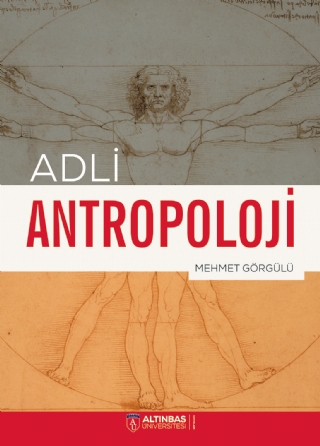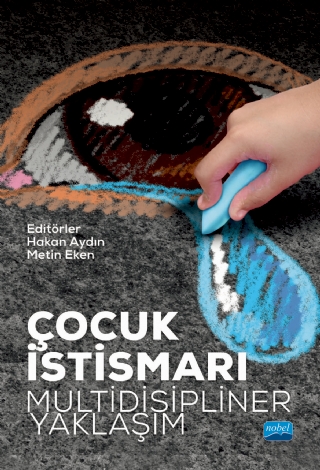Criminal Sociology \ 1-1

Forensic Anthropology is a science that has become increasingly important and developing in recent years. It provides important contributions to various branches of science, especially forensic Sciences, Law and Archeology. It has an indispensable importance in the identification of biological materials belonging to humans, animals and plants mainly in archaeological areas, and in the identification of corpses and skeletons in forensic sciences. Ancient DNA, which is one of the biological materials obtained in archeology, and genetic studies from corpses and skeletons in forensic and legal sciences have also developed considerably in recent years and have become one of the fields of study of Forensic Anthropology.

Child abuse is a subject that needs to be studied meticulously in order to be handled with a multidisciplinary approach and to protect the best interests of children. Undoubtedly, the most important contribution to the solution efforts regarding the problem of child abuse will be the attempts to increase scientific and managerial knowledge about this field. The fact that these initiatives include a multidisciplinary approach is of strategic importance considering the extremely limited production in this regard and has the potential to strengthen the search for solutions. Depending on the stated purpose and importance, the ProChild Project has determined as one of its main outputs the production of an edited book, which deals with the problem of child abuse with a multidisciplinary approach. This book; It deals with the problem of child abuse with its knowledge of medicine, education, law and communication, focuses on the problem of representation through the news of child abuse published in internet newspapers, and opens the digital components of child abuse to discussion in detail.

Institutional social services, which were organized under the umbrella of the Social Services and Child Protection Agency in Turkey until 2011, entered a new organizational process with the formation of the Ministry of Family and Social Policies in 2011. This process it means not only the change in bureaucratic structuring, but also the involvement of actors other than the public in the delivery of social services. These actors; private sector, local governments and non-governmental organizations. Undoubtedly, in this new era, the importance of the family as the main pillar of social solidarity continues.
This book discusses the transformation in social services in the context of different welfare regimes on the axis of disadvantaged groups (children, elderly, disabled, women, immigrants, LGBT individuals, different ethnic-cultural groups, human trafficking victims). Undoubtedly, every disadvantaged group has problems in many areas from employment to increasing the quality of life, education and health services. This study deals with different disadvantaged groups as the main issue of social policy within the framework of the interest of social services and includes specific discussions for each group.
This book discusses the transformation in social services in the context of different welfare regimes on the axis of disadvantaged groups (children, elderly, disabled, women, immigrants, LGBT individuals, different ethnic-cultural groups, human trafficking victims). Undoubtedly, every disadvantaged group has problems in many areas from employment to increasing the quality of life, education and health services. This study deals with different disadvantaged groups as the main issue of social policy within the framework of the interest of social services and includes specific discussions for each group.

Crime is everywhere and it is tried to be understood, and criminal practices are still discussed and a common conscience is tried to be created. An interdisciplinary approach is needed in order to understand and analyze the crime phenomenon and the definition of crime, which is multifaceted and dependent on many factors, and the changing criminal practices. In this book, which deals with the sociology of crime and the philosophy of punishment, the different perspectives of various academics, who are philosophers, sociologists, and lawyers, take place on different subjects. This book can be taught in both undergraduate and graduate compulsory and elective courses not only in sociology and philosophy departments, but also in law faculties, and it can be a resource for those who do research in these fields.